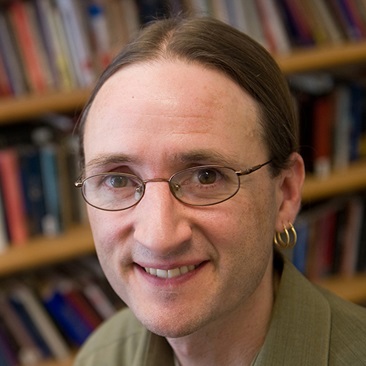Benanav Speaks With Vox About the Politics of Leisure Time
November 24, 2023
Vox,ZDNET
Lingering disruptions of the pandemic and rapid progress in AI and automation are helping to revive the dream that economic progress could lead to more leisure time. Nowhere is that clearer than in the rising interest in four-day workweeks.
But convincing companies to adopt four-day weeks does little to change the balance of power between workers and employers. Left unchanged, the negotiation over how many hours should constitute “full-time” would continue being held in the boardroom, where workers and their interests are largely without representation, and given today’s hampered labor movement, without much influence.
In the glory days of the American labor movement, when unions were strong and wages rose alongside productivity, “organized workers could cash that out as more free time,” says Aaron Benanav, assistant professor of sociology and author of “Automation and the Future of Work.”
“But for decades, workers haven’t even been getting that choice because, for the most part, productivity growth has ended up as higher profits and more inequality,” he says. “It takes a political movement to cash that out in terms of a reduced workweek.”
Read more in the Vox article, “Why stop at the four-day workweek?”
Benanav was also interviewed for the ZDNET article, “Will AI hurt or help workers? It's complicated.”
Related News
Commentary

Apr 27, 2024
Commentary

Apr 25, 2024


